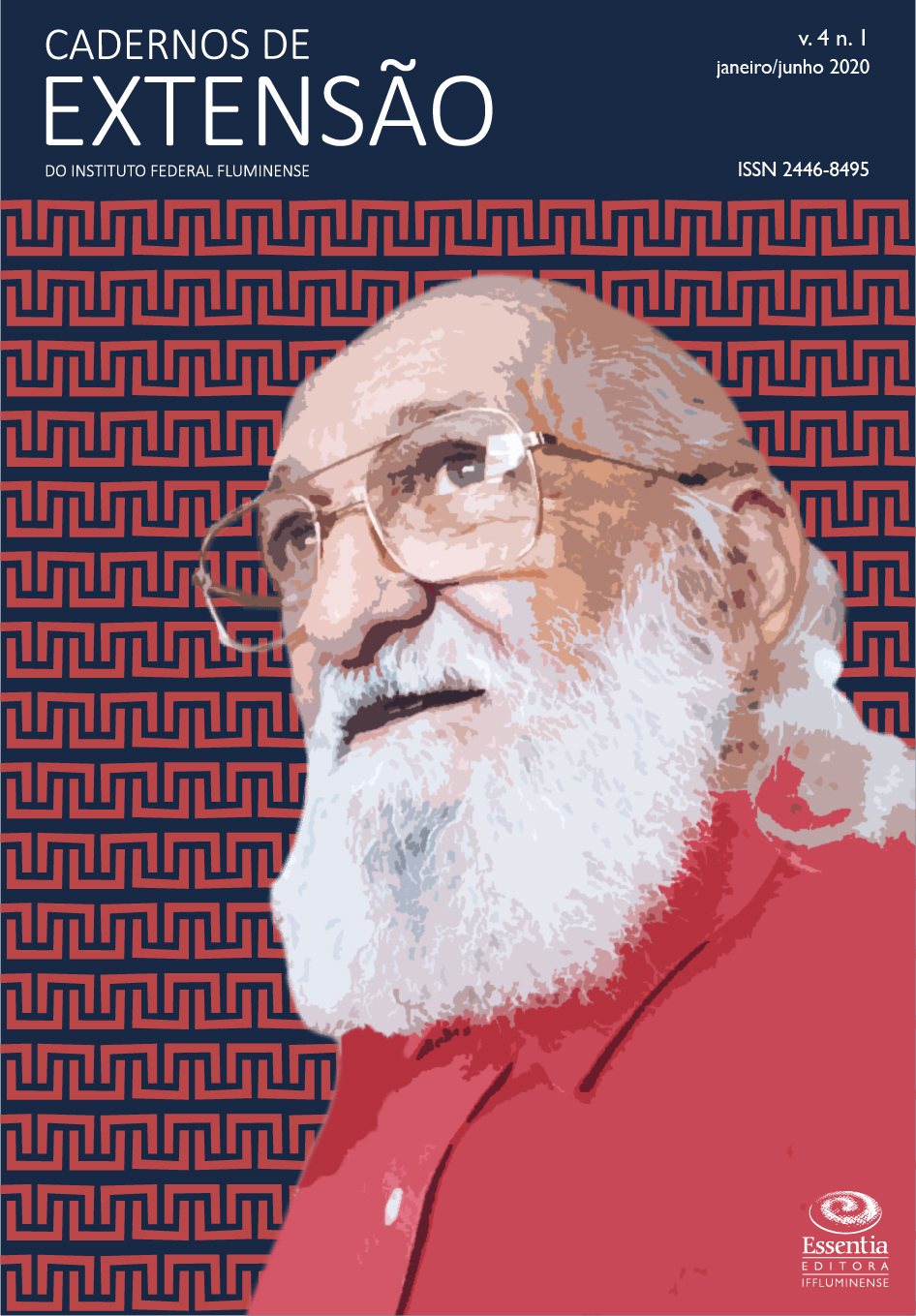Implementation of agroecological gardens in two schools in the city of Campos dos Goytacazes/RJ - Brazil
DOI:
https://doi.org/10.19180/2447-8180.v4n12020p137-154Keywords:
School gardens, Conscious consumption, Environment, Health, AgroecologyAbstract
An essential factor for the quality of human life is the ingestion of healthy foods. National agricultural production is supported by practices inherited by the "Green Revolution", based on the intensification of the use of inputs and technologies, especially pesticides. Agroecology emerged as a counterpoint to this model. The school environment is a favorable place to carry out activities aimed at reflecting on education and sustainability, with the desirable involvement of students, teachers and other employees. This paper reports the implementation of agroecological-based gardens in two state schools in Campos dos Goytacazes/RJ - Brazil in the years 2018/2019, as well as to encourage conscious production and consumption. The activities were organized in 9 modules / classes, executed in full in school A and partially in school B, due to the lack of ideal conditions for this complete action. Approximately 90 students benefited, added to 60 people affected by the Science Fair held by school A. The students' involvement proves that extracurricular and interdisciplinary actions such as school gardens have great potential for training in the school environment.Downloads
Published
16-09-2020
Issue
Section
Artigo original









